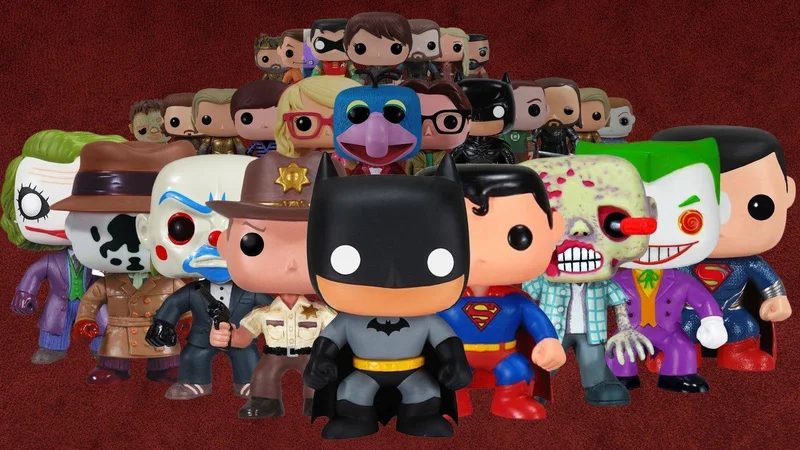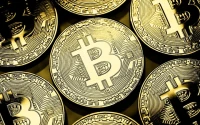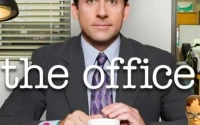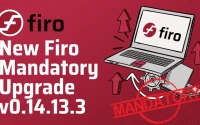Funko's Not Dead, It's Evolving: How a Pop Culture Icon Can Rise Again
The headlines are stark: "Funko on the Brink," "Financial Meltdown." But before we write the obituary for our beloved Funko Pop empire, let's recalibrate. Because what I see isn't a company collapsing, but a chrysalis cracking. What emerges could be something far more fascinating.
Funko, the brand that turned our collective nostalgia into adorable vinyl figures, is facing a very real crisis. Declining sales, shrinking retail space, and a mountain of licenses are squeezing the company. They've admitted "substantial doubt" about surviving the next year. It's like watching a star athlete stumble – painful, yes, but not necessarily the end of the game.
The Pivot Point: More Than Just Toys
The easy narrative is that Funko overextended. Too many licenses, too many Funko Pops clogging shelves. But the real story is about connection. Funko isn't just selling toys; it's selling a feeling – the rush of recognition when you see a character you love rendered in that unmistakable, big-headed style. The question becomes: how do you bottle that feeling in a way that's sustainable?
CEO Josh Simon gets it. His "Make Culture POP!" strategy isn't just marketing speak. It's about being at the center of the cultural conversation, about tapping into the zeitgeist. And that means adapting. The Bitty Pop! line, already making waves on Walmart’s Top Toy List, is a perfect example. Smaller, more focused, and hitting that sweet spot of collectibility without overwhelming your shelf space.
But the real game-changer? The Netflix partnership. "KPop Demon Hunters" sounds wild, right? But think about it: Funko is no longer just reacting to existing fandoms; it's creating them. They're becoming active participants in the storytelling process, not just passive observers. What if Funko could anticipate trends, launch new fandoms, and create the next big thing before anyone else even sees it coming?
This reminds me of the early days of the internet. Remember when people dismissed it as a fad? They couldn't see past the dial-up modems and clunky interfaces to the transformative power of connection it represented. Funko, too, is facing that kind of skepticism. But beneath the surface, I see the potential for a similar paradigm shift.

The key is to focus on experiences, not just products. Imagine Funko Pop stores becoming immersive fan hubs, hosting events, offering exclusive merchandise, and building a real sense of community. What if Funko partnered with artists to create limited-edition, hand-painted figures, tapping into the growing market for high-end collectibles? What if they leveraged AR technology to bring your Funko Pops to life, turning your collection into an interactive storytelling platform?
I saw a fascinating comment on a Reddit thread about Funko’s struggles: "It's not about the plastic; it's about the feeling of belonging." Exactly! It's about creating a sense of shared passion, of being part of something bigger than yourself. And that’s something that transcends any financial report.
Of course, there are ethical considerations. As Funko gains more influence over pop culture, it has a responsibility to use that power wisely. To promote diversity, inclusivity, and positive values. But I have faith that the company can rise to the occasion.
The company is exploring a possible sale to stay afloat. This isn't necessarily a sign of failure; it could be an opportunity to bring in new resources, new expertise, and a fresh perspective. Look, I'm not saying it's going to be easy. The road ahead will be challenging, and there will be setbacks along the way. But I believe in the power of fandom, in the enduring appeal of pop culture, and in the ability of Funko to reinvent itself for a new era.
From Nostalgia Vendor to Culture Shaper
Funko isn't just selling Batman Funko Pops or Stranger Things Funko Pops; it's selling a piece of our collective identity. It's selling a reminder of the stories that shaped us, the characters that inspired us, and the moments that made us feel alive. And that's a feeling worth fighting for.










